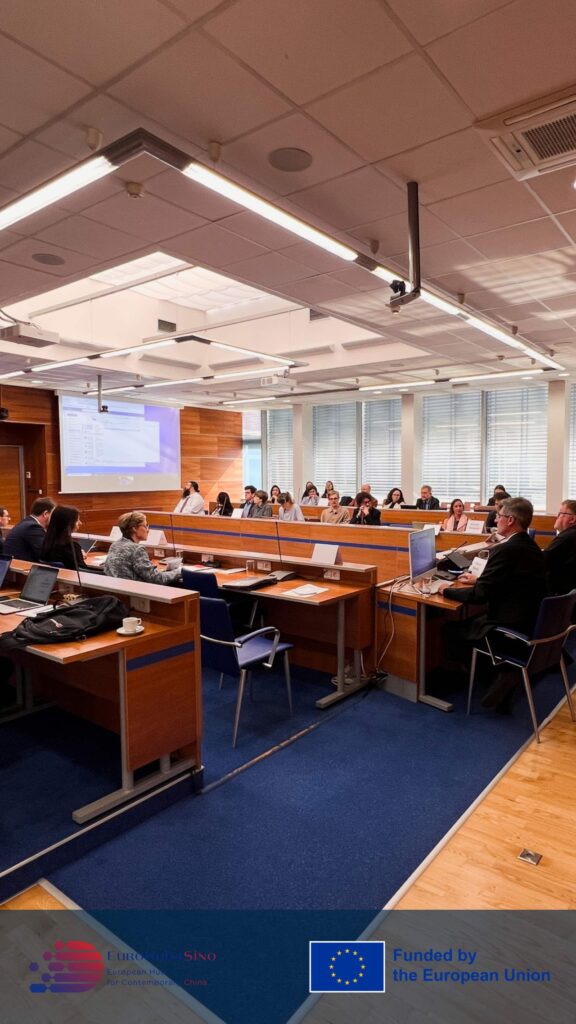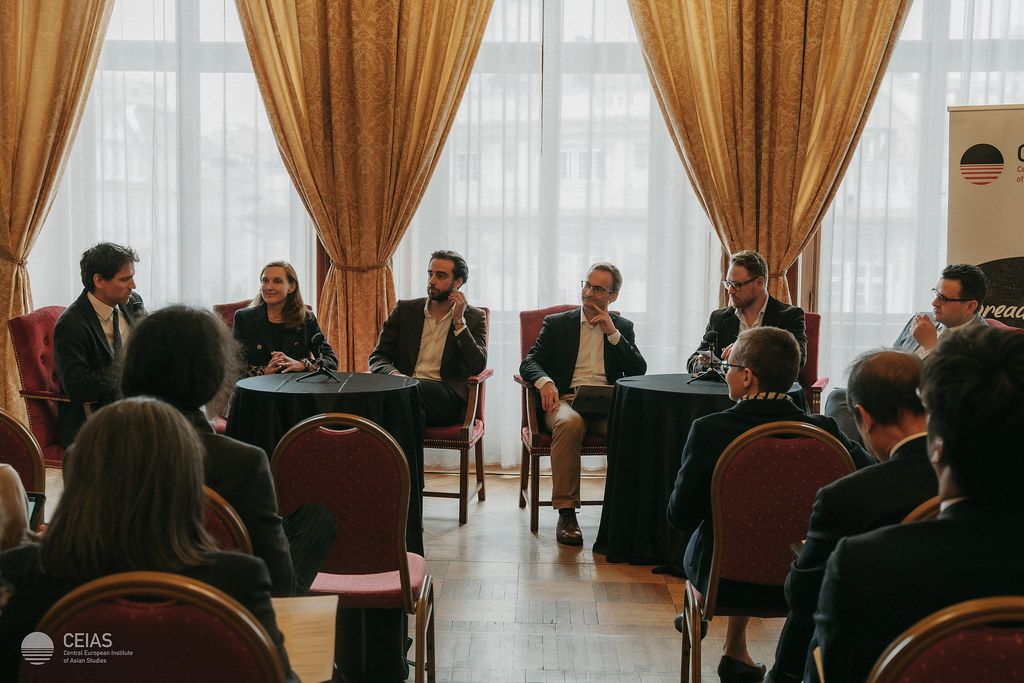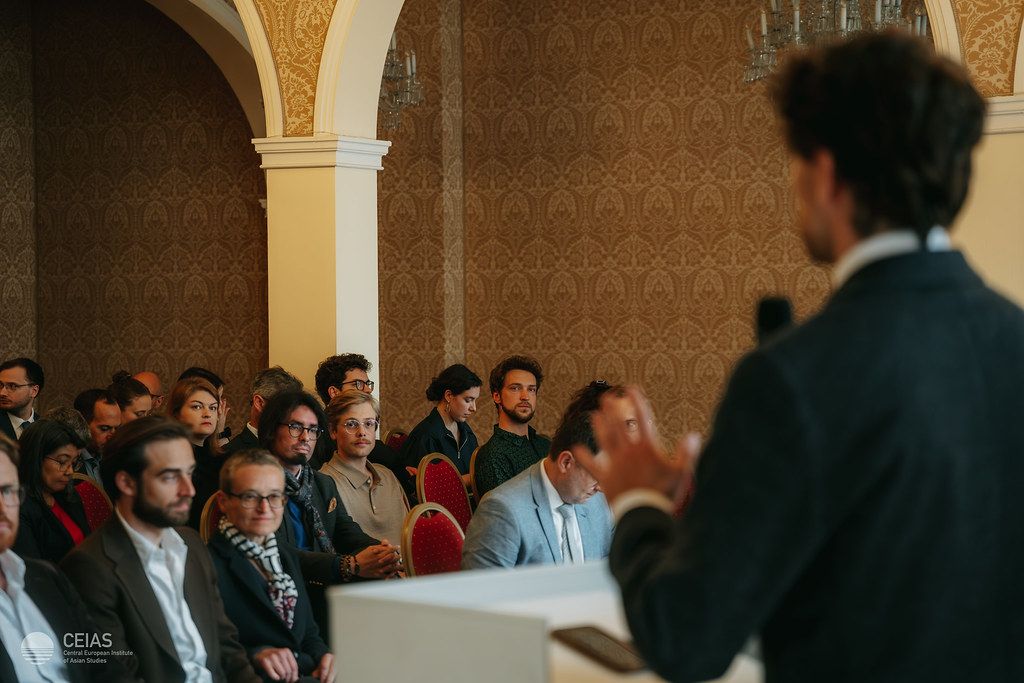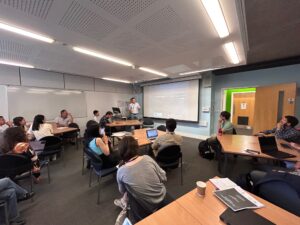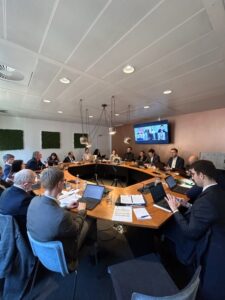The representatives of all China Cluster projects, i.e. Reconnect China (Gábor Szüdi), EuroHub4Sino (Saban Yuksel, Muzen Ismailovic) and the recently finished China Horizons (Piotr Machajek, Blanca Marabini San Martin) held an online meeting to explore the possibilities of ongoing joint activities until the respective project ends and beyond.
The participants took note of the progress made based on the DEC Cooperation Framework and looked into further continuous engagement activities through social media channels, re-publication of research papers and other deliverables, as well as the promotion of each other through project websites.
After the ending of China Horizons, the NextGen Network will take over the engagement activities on the relevant social media accounts, which should lead to a further boost in visibility and impact when the final project results are finalised.
The participants also agreed on to look into the option of recording a joint podcast about the main project achievements before the end of the Reconnect China project, as well as to plan common activities for the final conferences at the Reconnect China or EuroHub4Sino projects.
All participants deemed the collaboration beneficial and expressed interest to discuss how collaboration can continue in the future.
